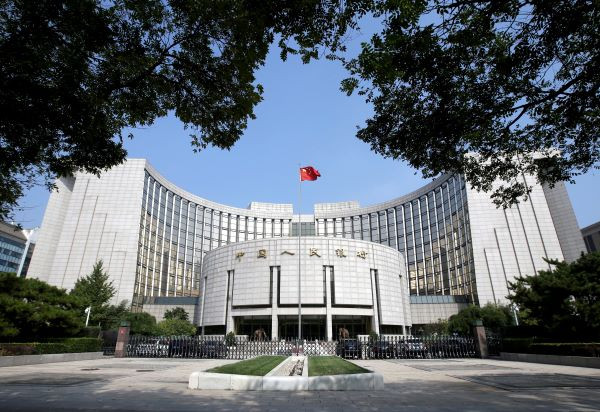Hengfeng Bank became the recipient of a $14.21 billion rescue package from state and foreign investors. This was after the regional lender announced selling shares to Central Hujin Investment, Shandong Financial Asset Management, and United Overseas Bank or UOB among other investors.
Hengfeng Bank sold 60 billion new shares to Central Hujin Investment, another 36 billion shares to Shandong Financial Asset Management, and four billion more shares to UOB. Once the share sale is completed, Central Hujin Investment and Shandong Financial Asset Management will take on the role of controlling shareholders.
In a statement, UOB said payment is already decided for $360 million. With this, UOB subscribed for 1.86 billion shares On Hengfeng Bank. The move ups its stake in Hengfeng Bank to 3.3 billion shares.
Financial analysts said the bailout became the largest that a small lender has gotten since China announced policies to support small banks and local lenders a few years back.
In June, China said the Shandong government would ramp up the restructuring of Hengfeng. The decision came after Hengfeng's consecutive failure to disclose financial standing since 2017. The bank said at the time its facing management and liquidity issues.
The last time Hengfeng was transparent about its financial standing was when in 2016. That year, the small bank said it had 1.2 trillion yuan of assets.
This was not the first that China's state investors came to the rescue of a small bank. In May this year, the state took over inner Mongolia-based Baoshang Bank to save it from serious credit risks. At the time the People's Bank of China or PBOC pumped cash into the country's financial system.
Accordingly, financial analysts said individual savings had been stable ever since the takeover. There had also been no bank run which generally suggested that depositors were satisfied with the takeover. Moreso, 99.8% of the bank's institutional creditors said they were fully paid following the takeover.
China has been easing its monetary policies for the past years. In 2018, a report from Deillotte said there will be a "golden development opportunity for small and micro businesses and private enterprises" in the country.
Deloitte noted that foreign capital will likely come rushing into the market in the coming years. When this happens, China's financial industry will be integrated into the global financial system which can boost domestic financial institutions. This is the reason why China has strategically opened up its financial sector to foreign investors in the most recent years.





